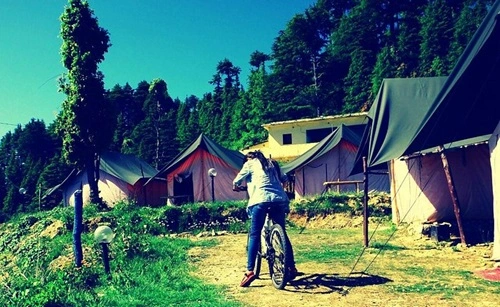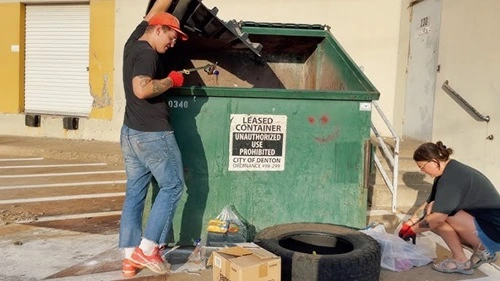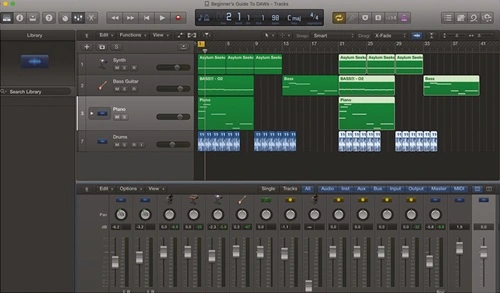Yes, in certain circumstances, it is illegal to live in a camp in the United States. While camping in designated areas is generally permitted, laws prohibit long-term or permanent camping in unauthorized locations, especially public spaces, due to concerns about public safety, sanitation, and zoning regulations. The legality of living in a camp depends on where it occurs and the context of the situation.
Understanding the Legal Framework
Living in a camp falls under various laws and ordinances designed to regulate land use, public health, and safety. These regulations often restrict camping to specific areas to prevent potential risks associated with unregulated or long-term encampments.
1. Public Land Restrictions
Camping on public land is typically allowed but subject to strict rules:
- National and State Parks: Campsites in national and state parks often limit stays to 14 days within a 30-day period. These rules aim to ensure equitable access and prevent overuse of natural resources.
- City Parks and Streets: Many cities prohibit camping in public parks or on sidewalks under local ordinances. Violations can lead to fines, eviction, or arrest.
2. Private Property Restrictions
Camping on private property is only legal with the owner’s consent. Zoning laws often prohibit permanent or semi-permanent dwellings, such as tents or trailers, on residential land without proper permits.
3. Homelessness and Anti-Camping Ordinances
Many municipalities enforce anti-camping laws that disproportionately affect homeless individuals. These laws aim to address public safety and sanitation concerns but are controversial due to their impact on vulnerable populations.
- Recent Developments: In some cities, courts have ruled that enforcing anti-camping laws against homeless individuals without providing adequate shelter violates the Eighth Amendment’s protection against cruel and unusual punishment (e.g., Martin v. City of Boise).
4. Environmental Concerns
Long-term camping can damage ecosystems, particularly in forests, parks, or protected lands. Laws restrict camping in these areas to preserve wildlife and prevent pollution.
Reasons Behind the Restrictions
1. Public Safety
Unregulated camps pose risks to individuals and communities. Issues such as fire hazards, inadequate shelter, and lack of emergency access are significant concerns.
2. Sanitation and Health
Living in camps often lacks access to clean water, sanitation facilities, and waste disposal systems, leading to public health hazards such as water contamination and disease outbreaks.
3. Zoning and Land Use
Zoning laws dictate how land can be used. Permanent camping on residential or commercial property without proper permits violates these laws and can lead to enforcement actions.
4. Equitable Land Access
Restrictions ensure public lands remain accessible to all users. Allowing permanent camps could monopolize resources intended for shared use.
Recent Legal Updates
- 2023 Court Rulings: Federal courts continue to scrutinize anti-camping ordinances, balancing public interests with the rights of homeless individuals. Cities must often provide shelter alternatives before enforcing such laws.
- Environmental Crackdowns: National parks have increased enforcement against illegal camping to protect natural resources, with stricter penalties for violations.
- Local Policy Changes: Some municipalities are adopting “safe camping” programs, designating specific areas for temporary encampments to address homelessness while maintaining public order.
Alternatives to Living in a Camp
1. Designated Campgrounds: Legal campgrounds provide amenities such as restrooms, water, and waste disposal. Staying within these areas ensures compliance with the law.
2. Community Programs: Many cities offer transitional housing programs or safe camping zones for individuals experiencing homelessness.
3. RV Parks: Recreational vehicle parks offer longer-term accommodations with necessary utilities and are a legal alternative to unauthorized camping.
4. Permits: In some cases, obtaining a permit may allow temporary camping on private or public land.
Related FAQs
Q1. Can I camp on my own property?
Ans: In most cases, camping on your property is legal for short durations. However, zoning laws may prohibit long-term or permanent camping without proper permits.
Q2. Is it illegal to camp on public land?
Ans: Camping is generally allowed on public lands like national forests or Bureau of Land Management (BLM) areas, but stays are limited to a specified period, usually 14 days.
Q3. Are anti-camping laws constitutional?
Ans: Courts have ruled that enforcing anti-camping laws against homeless individuals without offering shelter options may violate constitutional rights. The legality varies by jurisdiction.
Q4. What happens if I camp illegally?
Ans: Illegal camping can result in fines, eviction, or arrest. Repeat offenses may carry harsher penalties.
Q5. Are there legal ways to live in a camp full-time?
Ans: Yes, living full-time in RVs or tiny homes in designated areas like RV parks or with proper zoning permits is a legal alternative.


